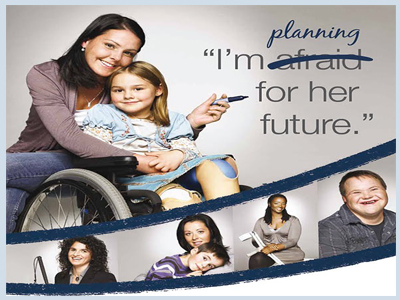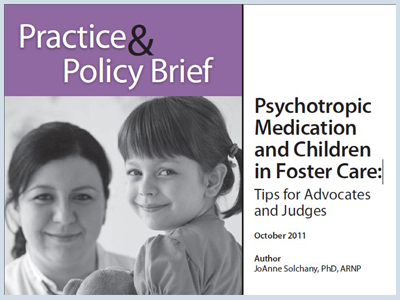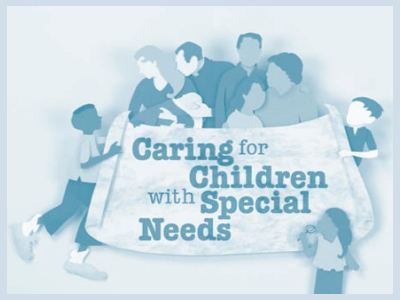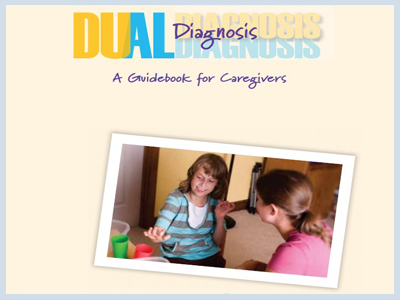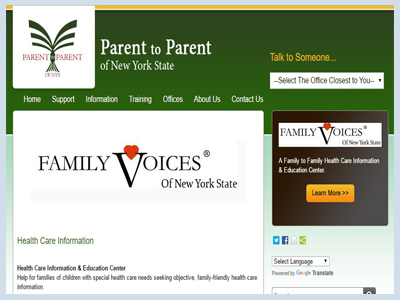Special Needs
The term special needs is a catch-all phrase which can refer to a vast array of diagnoses and/or disabilities. Children with special needs may have been born with a syndrome, terminal illness, profound cognitive impairment, or serious psychiatric problems. Other children may have special needs that involve struggling with learning disabilities, food allergies, developmental delays, or panic attacks.
The designation “children with special needs” is for children who may have challenges which are more severe than the typical child, and could possibly last a lifetime. These children will need extra support, and additional services. They will have distinct goals, and will need added guidance and help meeting academic, social, emotional, and sometimes medical milestones. Persons with special needs may need lifetime guidance and support while dealing with everyday issues such as housing, employment, social involvement, and finances.
For children with special needs, early intervention[i] is an important step towards helping the child fulfill his or her full academic, emotional, and social potential. Early intervention refers to a process during which the developmental abilities of the child are evaluated. If necessary, a program is developed that contain services (individualized on the basis of the child’s specific needs) that will help to further enhance the child’s developmental skills and encourage developmental growth.
Typically, families with special needs are on a lifetime journey that is both emotionally and financially challenging. Families of children with special needs may experience a myriad of emotions upon diagnosis, including anger, grief, loss, and denial. It is important to remember to be patient with yourself, as these emotions are a natural part of the process. With time comes acceptance, and then you and your family can focus on beginning the process of helping your child with special needs achieve their fullest potential.
More Information and Resources:
Planning for the Future: a Guide for Families and Friends of People with Developmental Disabilities
This guide is intended to help you plan for the personal and financial future of your family member with a physical, mental or developmental disability. It will cover trusts and estates, wills, government benefits and services.
Psychotropic Medication and Children in Foster Care
Medications can help children and teens in foster care, but they can also further impair them, derail them, and sabotage them. Without a clear understanding of their mental health issues, misdiagnoses can be made and incorrect medications can be prescribed.
Caring for Children with HIV and Special Needs
Caring for Children with Special Needs is written for parents, foster parents and other caregivers raising infants, children and adolescents with HIV. This 293-page notebook is a resource manual that provides information and support for some of the day-to-day issues caregivers face.
Dual Diagnosis: A Guidebook for Caregivers
This guidebook gives caregivers the tools they need to understand how mental illness might look in a person with a developmental disability, and information on what to do and where to go for help. It was written in order to help caregivers to partner with health care providers.
OPWDD’s Guide to Understanding Supports and Services
OPWDD's Guide to Understanding Supports and Services. The Guide was developed to inform families about the wide range of supports and services available to qualified individuals and to assist them in accessing those services for their loved one with a developmental disability.
Parent to Parent New York Health Care Information and Education Center
Parent to Parent of New York State builds a supportive network of families to reduce isolation and empower those who care for people with developmental disabilities or special healthcare needs to navigate and influence service systems and make informed decisions.

